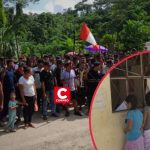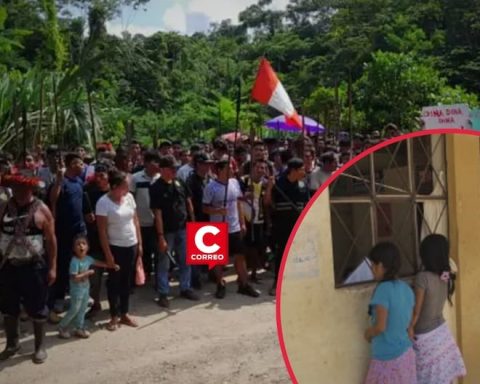Laura Poy Solano
Newspaper La Jornada
Sunday, October 23, 2022, p. 7
With the integration of the area of mathematics to the so-called Field of Knowledge and Scientific Thought (CSPC) in the new plans and study programs of basic education, an adequate construction of either mathematical knowledge or natural sciences is not allowed, since they lay the foundations for the acquisition of logical reasoning, warns Antonia Candela Marín, professor-researcher of the Department of Educational Research of the Center for Research and Advanced Studies of the National Polytechnic Institute.
An expert in curricular design in the field of science, she highlights that although they propose interesting ideas, such as articulating the contents with the community and the context or caring for the environment in all school grades, emphasis is placed on classifications and descriptions with irrelevant criteria
.
In an analysis of the modifications to basic education curricular programs, he underlines that after decades of research on curricular and ethnographic development in the classroom, We know that teachers do not strictly follow any proposal, but rather combine various educational traditions and projects, adapting them to their working conditions.
.
For this reason, it highlights that although it is relevant to seek to improve the education that is imparted, as proposed by the new curricular framework, it faces multiple challenges, among them: seeking the implementation of a new educational model at the end of a six-year term and in a of strong educational impacts caused by the covid-19 pandemic, which led to the closure of schools for two school cycles.
To this is added that the new curricular proposal, presented by the Ministry of Public Education, has a huge distance and contradictions between the framework and the contents and activities
.
In the case of the CSPC, he explains, most of the knowledge, from the first grade of primary school, they propose to be represented and described with the support of advanced mathematical resources, such as relative and absolute frequency tables, bar graphs, percentages and proportions, but without this knowledge having been built with the students and neither the basics of mathematical knowledge
.
He cited as an example of classifications and descriptions with little pertinent criteria, the fact that first grade students are asked to represent and describe the natural and sociocultural environment with frequency tables to communicate their findings, what is impossible to develop for students of that grade
in addition to the fact that there are conceptual errors, such as mistaking mass for weight.
He adds that central knowledge, such as photosynthesis, plant parts, oviparous and viviparous animals, and topics such as speed, among others, are not mentioned in the entire primary education program. There is an emphasis on describing and representing complex mathematical forms, rather than understanding phenomena and constructing explanations.
which should lead to reflection.














